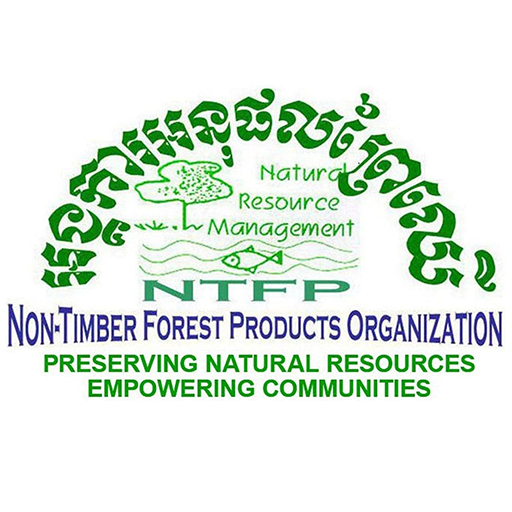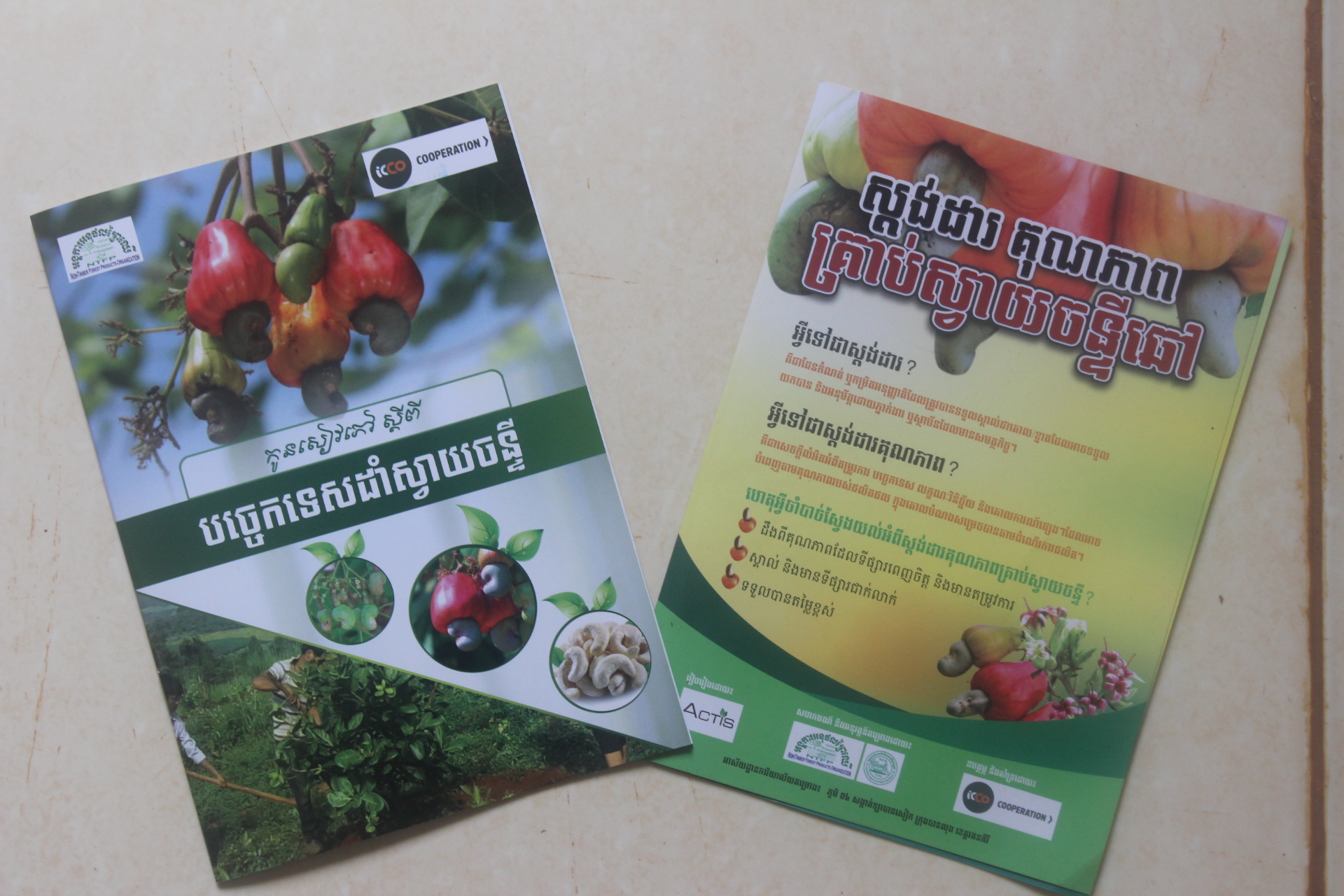Improvement of Indigenous Communities’ Income Makes Their Better Livelihoods
Ratanakiri province is in the northeast of Cambodia with the rich soil which is potential for the cashew tree crops to be grown widely by the indigenous peoples in warm and humid climatic regions. However, they also live to depend on selling cashew nuts for their livelihoods. But they have not much been aware of technical knowledge of cashew nuts yet and they mostly grow local cashew trees with no technical knowledge of cashew trees. They, therefore, get low yields of cashew nut products. Seeing that the indigenous communities are in the requirements of the technical knowledge of cashew trees, ICCO donor in partnership with NTFPs has launched Land and Economic Security for Indigenous Peoples (LESIP) project in 30 villages, 7 communes, two districts (Ochum &Veurnsai) of Ratanakiri province to implement its activities by providing training workshops on technical knowledge of cashew nut production to the indigenous peoples so that they receive the high yield of cashew nut products. The LESIPs project under fund support of ICCO-Netherlands granted to Non-Timber Forest Products (NTFPs) organization that plays the important role to achieve three objectives of this project included: 1. Strengthen IP legal entities for effective use of community land, 2. Improve productivity of cashew for IP communities and 3. Support cashew market for securing the production. In addition, NTFPs is also in collaboration with other two partners for the respective three objectives implementation which Cambodian Indigenous Peoples Organization (CIPO) is responsible for implementing the first objective, LESIP project staffs of NTFP for the second objective implementation and ACTIS firm for the third objective implementation. Land and Economic Security for Indigenous Peoples (LESIP) project officially contracted agreement for three year period (2016-219) of project implementation between ICCO donor and NTFPs in November 2016. But there is a little bit tardiness of technical process; the activities of LESIP project have fully been implemented by the project staffs from January 01, 2017 so far.
Please download PDF file

